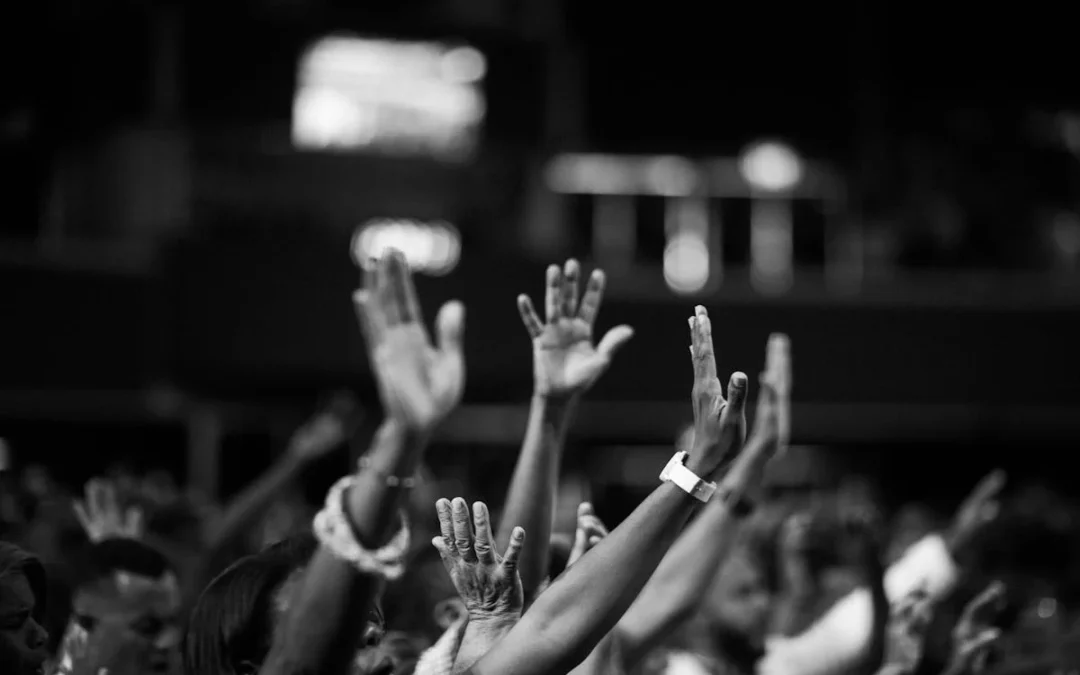July 3, 2024
By Rebecca Heiner
As a young child, I was taught to show people kindness and respect, regardless of their beliefs. The golden rule “treat others the way you want to be treated” has long been a common theme throughout American culture and intricately woven into the tapestry of our societies. However, in the age of abundant information (the internet) and access to endless opinions (media), the golden rule seems to have fallen by the wayside and been replaced by a destructive counterfeit: Toxic Individualism.
As “Me Culture” spreads like a rampant wildfire through a barren forest, respect and kindness have taken a back seat to political agendas and personal opinions. What lies in the path of destruction is a society plagued by divisiveness and extremism. This further complicates the situation as politicians push for opposing solutions rather than finding common ground. Our nation was designed to be a nation of diversity, functioning under a constitution of laws that allow freedom and choice. And while this is a great blessing, there are times when the foundation of our country is challenged.
This can happen when personal beliefs clash with constitutional rights. A recent example of this has been the rise of the LGBTQ community in conflict with the first amendment of the constitution-religious freedom. Freedom of religion allows us the right to worship (or not worship) as we choose, without interference by the government. This is an essential freedom that thrives on mutual respect and tolerance. LGBTQ beliefs often clash with religious beliefs, creating a climate of division and intolerance. But the reality is, groups such as LGBTQ would not be permitted without the freedom to choose (or not choose) religion. And religious freedom says that if we want the right to choose our beliefs, we must also allow others to choose their beliefs. So, the question is, while the LGBTQ community and Religion can often conflict with one another, how can they coexist in peace? The following are a few ideas to help us navigating our way through the challenges that present with this issue.
Exercise Tolerance
Tolerance is often underrated as an essential virtue for peace. Without tolerance, peace cannot exist. Tolerance says, “I believe something different than you do, but I will still respect you in your own belief.” Some may see this as passive and weak, but really, it’s quiet strength. It requires humility and sacrifice. It means allowing people to choose their own path and live as they want to live. President John F. Kennedy once said: “Tolerance implies no lack of commitment to one’s own beliefs. Rather it condemns the oppression or persecution of others.”
Tolerance is not easy, as it “requires us to hold two seemingly contradictory opinions: disapproval of another’s beliefs, with simultaneous support of their equal right to express these beliefs.” That can feel impossible at times. But with effort and commitment, the LGBTQ community can respectfully tolerate people’s right to disagree with their beliefs about gender, sexuality, and family dynamics. They can also allow the practice religion, even if it doesn’t support their beliefs. And religious followers can respectfully tolerate LGBTQ’s right to believe what they do about gender, sexuality, and family, even if it is a contradiction to what they believe.
Choose Respect
Respect is a powerful thing. It can bring people together and create unity. Respect is being considerate of how others feel while acknowledging their rights. When we genuinely respect someone, we see their needs and desires as valid. All people have value, regardless of personal belief. In this circumstance, both sides can look beyond the polarizing issues, and choose to see the value in the people involved. Sometimes when we are caught up in the logistics of an issue, we see people as objects, rather than living, breathing, feeling beings. Respect is the opposite… We see that people are more important than issues.
Find Common Ground
When there is conflict between two opposing sides, it can feel like a tug-o-war between two extreme ideals. But the truth is, we often have more in common than we realize. And if we can find common ground, we can find compromise. This is not always easy, especially when intense feelings and personal beliefs are involved. A 2022 report on finding common ground between LGBTQ rights and religious freedom suggests the following:
- Look for commonalities and build upon them.
- Be willing to say the wrong thing to invite conversation.
- Meet People where they are.
- Recognize confusion and contention as an opportunity to learn from one another.
- Show respect for others’ beliefs to invite compromise.
The Golden Rule
Regardless of our circumstances, we can always apply the golden rule and treat others the way we want to be treated. Inevitably, conflict will continue to exist in a world of diversity. America, a beautiful land of freedom and opportunity, can also be a place of tolerance, respect, and commonality. We just have to choose peace instead of focusing on the things that would divide us.


